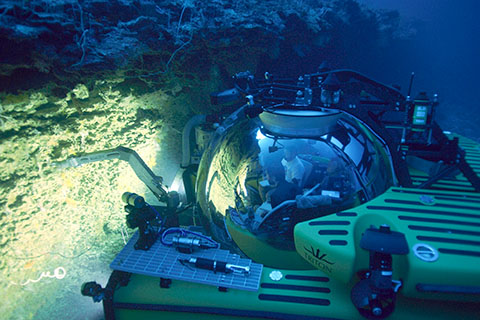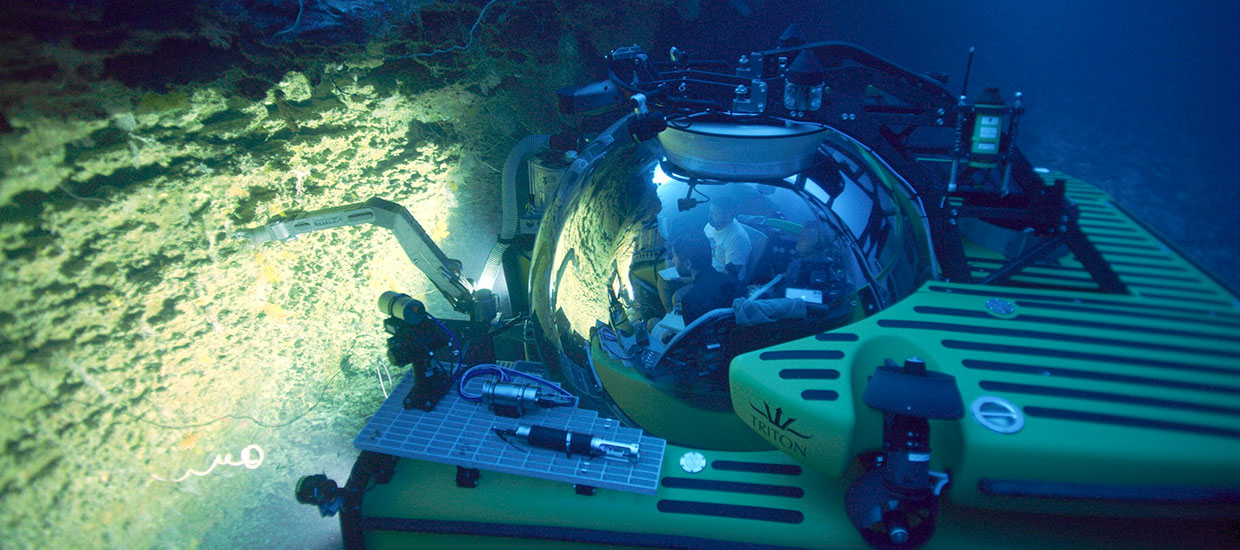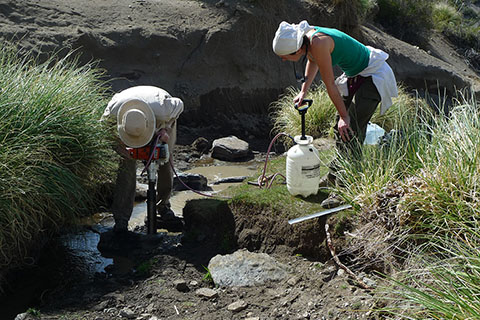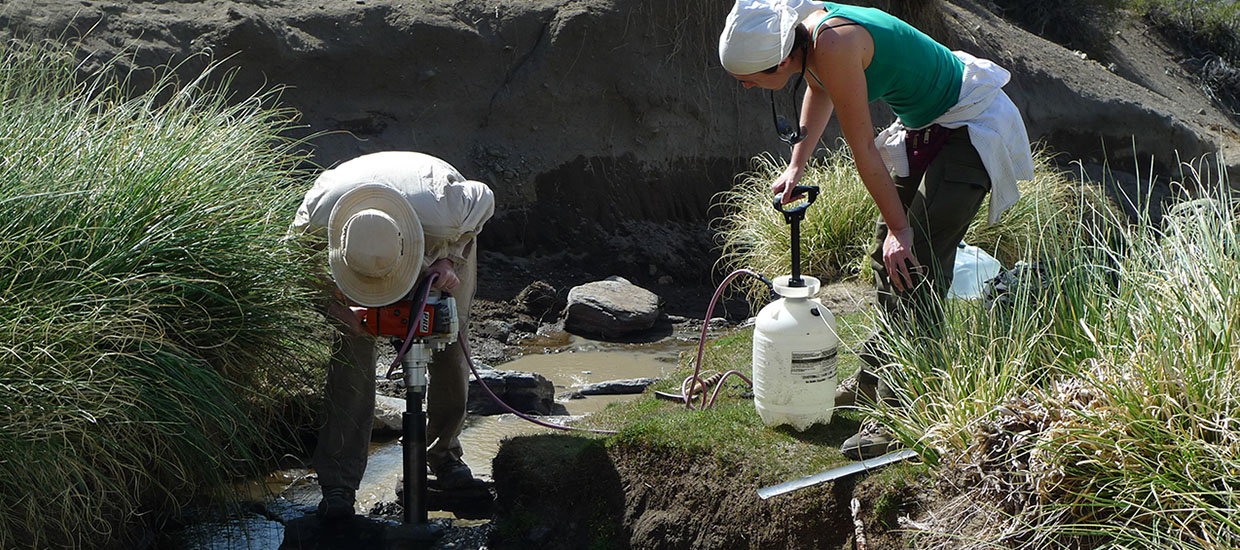Environmental geoscientists collect and analyze air, water and soil samples to prevent, control, or fix environmental problems. Ever increasing urban development and industrial expansion cause stress and potential hazards for the environment and human health. In addition, global climate change, in particular sea level rise, is affecting millions of people in the United States and around the world. Well trained professionals are needed who can identify, control, or eliminate sources of pollutants or hazards affecting the environment or public health.
The Environmental Geology MPS track offers students a specialized degree that combines knowledge in theoretical areas of geology with technical expertise in geochemistry, geophysics, and hydrogeology to address geologic hazards.
Prerequisites
Bachelor's degree, preferably in geology, geochemistry, or geography
Course Topics:
Earth surface processes, environmental site assessment, Geographic Information System (GIS), geophysics, geological and hydrological hazards, seismic interpretations
Example Job Titles:
- Environmental Geologist/Scientist
- Environmental Project Manager
- Natural Resource Specialist
- Project Engineer Geologist
- Hydrogeologist








